Growing Cannabis In An Aeroponic System
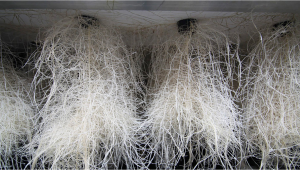
- 1. What is aeroponics?
- 2. How does aeroponics work?
- 3. The anatomy of aeroponic setups
- 4. Advantages of growing in aeroponics
- 5. Disadvantages of growing in aeroponics
- 6. Coco-coir cannabis cultivation
- 7. In conclusion
Aeroponics can be considered a variation of hydroponic growing. It is mostly used where you cannot grow on land, due to environmental issues or as an alternative in indoor growing. This method can be used with feminized seeds but it's mostly used with other types of plants, like tomatoes, lettuce, and other common vegetables.
1. What Is Aeroponics?
Aeroponics is a method of growing plants where no soil or any other medium is used, providing the plant a high amount of oxygen and CO2, while also misting the roots with a solution of nutrients to provide what they need to properly grow.
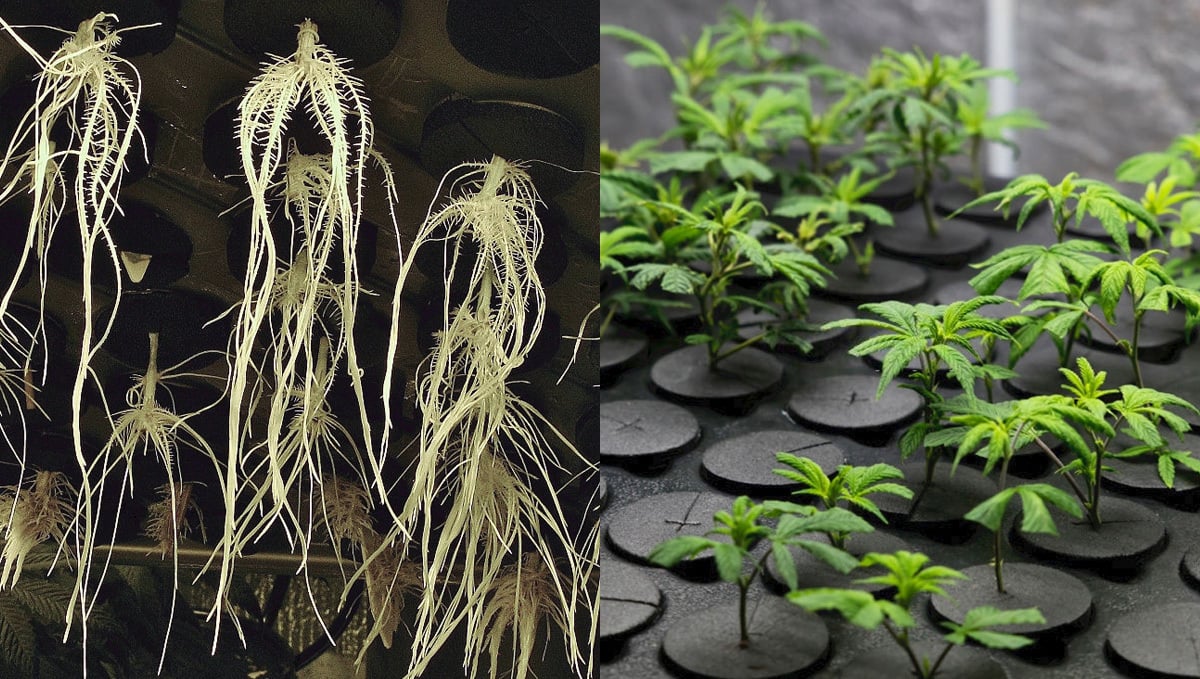
This method of growing is said to have been invented out of hydroponic techniques and is still considered a hydroponic technique by a lot of growers.
2. How does Aeroponics work?
To be able to build an aeroponic system you will need some specific equipment that includes a drainage system, sprinklers, a netting or special pot, two reservoirs, and a water pump. Aeroponics consists mainly of suspending the roots in the air, unlike growing in soil or other mediums where sometimes there’s a lack of oxygen or CO2. In this method the roots are literally surrounded by oxygen and CO2, thus fixing this problem. This system is similar to a hydroponic system called DWC, and like in the DWC system, there is the need to have two reservoirs: one for storing plain water and the other one to store the nutrient solution.
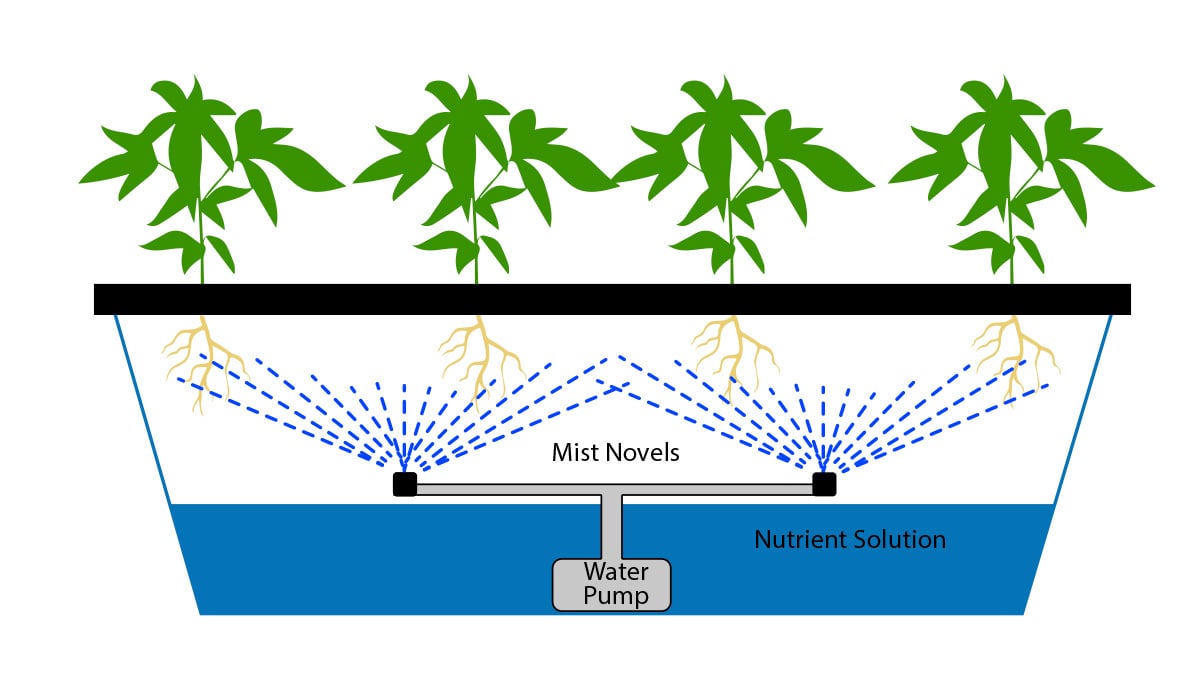
As you may know, roots also need water to grow, this is where the sprinklers, reservoir, and pump come in. Every 3-5 minutes, the pumps will turn on and have water mix in with the nutrient solution and mist it all over the roots, completely covering them. This combined with the proper amount of light, and the widely available oxygen and CO2 will guarantee a healthy plant.
After the excess water has dropped to the bottom of the reservoir, the pump will collect it and take it to the nutrient reservoir where it will be recycled for the next misting cycle or to another reservoir where it can be later disposed of. This method doesn’t use soil or any other medium and by controlling the amount of water their plant gets, growers use considerably less water (more than 50% less) while still covering their plant’s nutrient need.
3. The Anatomy of Aeroponic Setups
An aeroponic setup works in a fairly simple manner. With the roots suspended in mid-air, the nutrient solution is provided via misting while getting the oxygen it needs from the air. And when combined with CO2 and sunlight, results in beautiful, healthy plants. So all you need to get your own aeroponic setup running is:
Plastic tote with net pots
This is where you’ll grow your plants, the net pots help support the roots, and the tote should contain the mist nozzles and a drainage system when needed.
Reservoir
This is where the nutrient solution is stored, always make sure to check the pH and EC of the solution as in this type of setup, roots are directly exposed to the nutrient solution.
Water Pump
The water pump is what will take the nutrient solution from the reservoir to the plastic tote and it’s what’ll make the mist nozzles mist the roots.
The main idea behind aeroponic setups is to have the roots growing out of the net pot while the misting nozzles which are attached to a tube that’s attached to the water pump deliver water and nutrients. The mist released by the nozzles covers the roots while excess moisture is collected at the bottom of the tote, which goes back to the reservoir.
4. Advantages Of Growing In Aeroponics
As said above, aeroponics doesn’t use any type of medium. The lack of medium causes the grower to need less space per plant. As the roots don’t grow too much because all they need is directly available to them so they don’t need to fight for space.
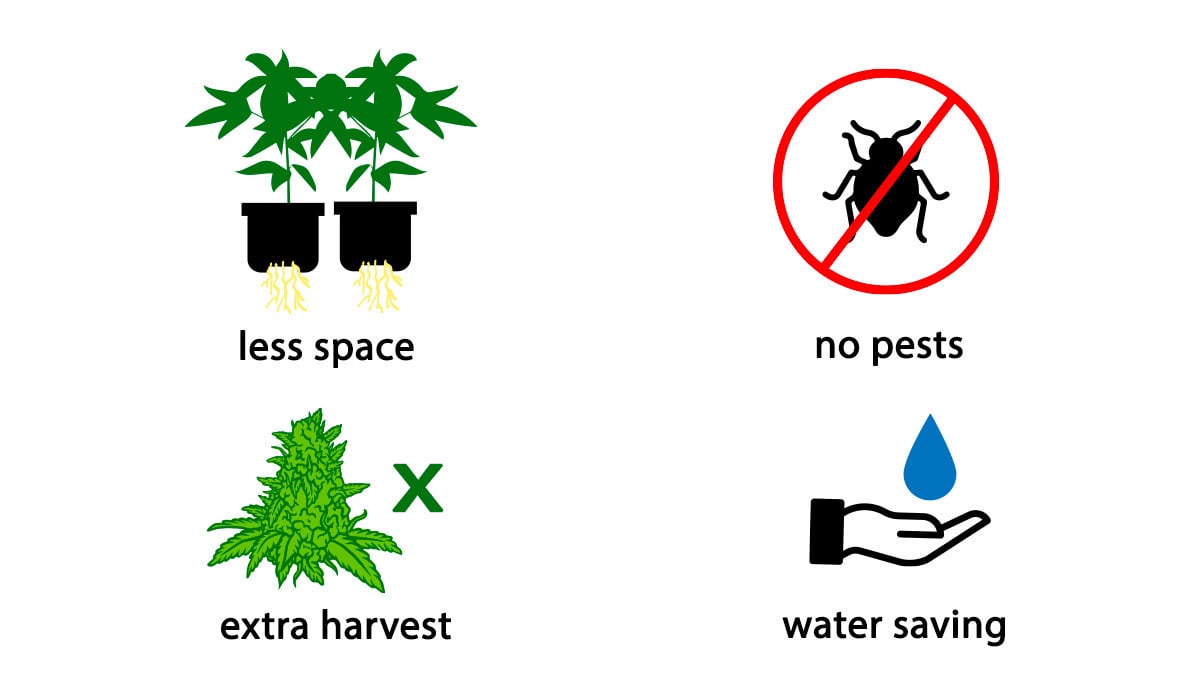
One of the advantages is the ability to have an extra two to three harvests per year, as the roots don’t “fight’ against the soil, so the plants grow faster and more efficiently. This means the plants will need less space, water, and nutrients, being able to produce bigger yields and more trichomes while drastically cutting down water and nutrient usage. This also helps combat bugs and pests, as almost all bugs that affect cannabis need soil and decaying organic matter in some parts of their life cycle. This doesn’t mean it will completely prevent bugs but will drastically lower the risk of your plants getting infected.
5. Disadvantages Of Growing In Aeroponics
Despite all the benefits, aeroponics has some major disadvantages and is one of the most expensive ways to cultivate plants. There are a lot of things that can cause problems and increase the cost when growing in this kind of system. First of all, aeroponics requires attention 24/7 and the person responsible must have experience with this kind of system, as they’re not for beginners.
Second, aeroponics requires water every 5-15 minutes, this means the grow space needs to have electricity available all day long. This causes growers to have to invest in power generators as a backup in case of a power outage. A small leak in a reservoir or the lack of electricity to power up the sprinklers at the correct time will cause plants to start dying very quickly and can be dead beyond salvage in less than a day. So, even though it has a lot of advantages, it is usually used for growing just a few plants and is not recommended for large grow operations.
Alrighty then, everything you need to know about aeroponics. Without a doubt, aeroponics is one of the most advanced and efficient growing solutions when it comes to cultivating cannabis. With this method, nutrient-rich water is misted directly onto the root system of plants suspended in mid-air. This creates a microclimate that encourages accelerated growth rates, increased yields, and improved aroma, taste, and quality of flower. But it goes without saying that aeroponic systems are pretty complicated, especially if you are new to cannabis cultivation.
So, if you're just starting out and you want to dip your toes into the wild world of hydro cultivation, but don't feel like setting up as complicated a system as aeroponics, where should you start? Coco-coir, without a doubt...
6. Coco-Coir Cannabis Cultivation
Coco-coir has been used for centuries as an additive to soil, but its only in the last decade or so that we have seen the meteoric rise that now has it as one of the top substrates for growing cannabis. Why?
A few reasons, actually. First, it is a very forgiving substrate that provides an ideal environment for roots to thrive in. It offers many of the benefits of both hydro and soil cultivation styles, without most of the disadvantages. It has a much higher rate of oxygenation when compared to pure soil (about 70% more), it is incredibly lightweight, and it is also very resilient and can withstand multiple harvests without having to be replaced. It's also highly resistant to pests and diseases, due to its ability to maintain an ideal pH balance for cannabis plants, all while being totally inert. Inert?
Yep, inert. This just means that although it is made from natural materials, it contains no nutrients of its own. this allows you, the grower, to easily control the amount and type of fertilizer your cannabis plants are receiving. Nowadays there's a ridiculous amount of coco-specific nutrients on the market, so no need to worry about that. All in all, coco-coir is the perfect substrate for beginner and experienced growers alike, as it offers many of the benefits found in more complex hydroponic systems, without the steep learning curve. So if you're just getting into cannabis cultivation, maybe start out with coco and if you are finding that hydroponic cultivation is what you're into, then it may be time to invest in an aeroponic setup.
7. In Conclusion
Like hydroponics, growing in aeroponics has a lot of advantages and can result in better overall quality than growing in soil. This technique is similar to hydro and uses almost all the same equipment you would use in a hydro setup. The high cost and knowledge are needed to make aeroponics. It has an expensive starting cost and requires high maintenance. Having said that, we do recommend all growers to try both hydroponic and aeroponic techniques and draw their own conclusions. Try our Orange Sherbet Auto and you'll be amazed how well she performs in a hydroponic setup.
Even though it can be hard to successfully maintain an aeroponic grow, with time you’ll get more experienced and the results may surprise you.
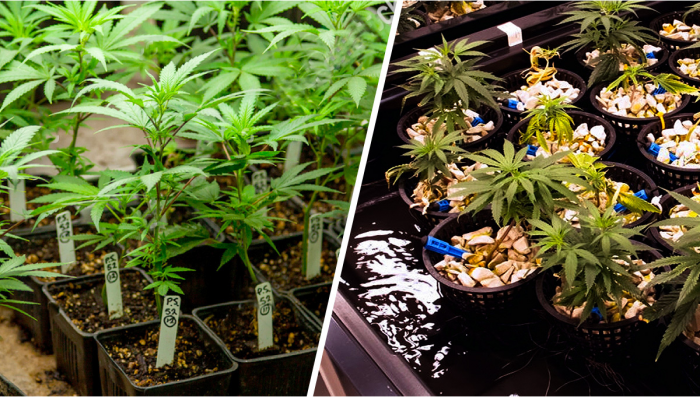







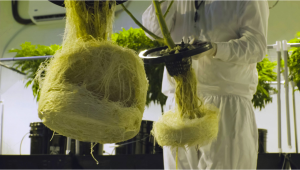
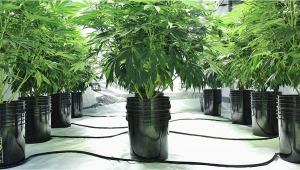


Comments